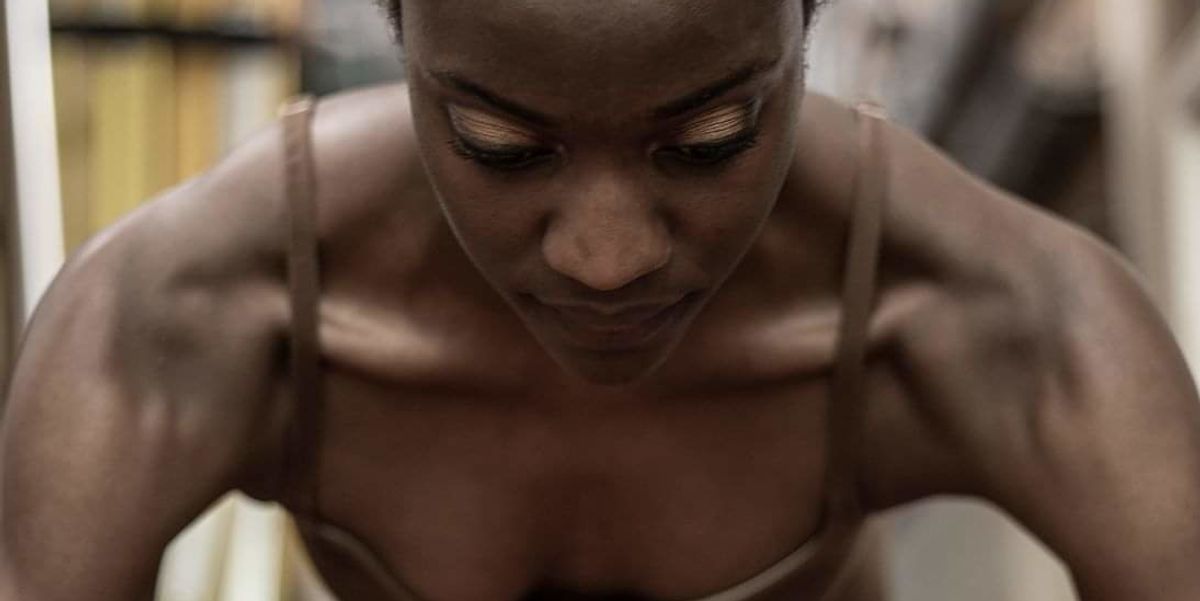How Hypnotherapy Saved My Dance Career
I am a dancer in a successful West End show and a year ago I nearly quit.
My anxiety came suddenly and without warning. We were in the middle of a stressful cast change and tensions were high as everyone wanted to prove their value to the production.
I felt as though someone flipped a switch in my brain. I started to feel pressure about perfecting my performances and suddenly felt unworthy of being there. My mind became consumed with negative images about what I was doing wrong, or what could go wrong.
I became obsessed in particular with one maneuver that I couldn’t seem to do anymore, even though it was something that I used to be able to perform without a second thought. It only lasted two seconds but represented a broader sense of failure for me. I obsessed about it on the way home, while eating, even during conversations with other people. It started keeping me up at night and became the first thing I thought about in the morning. I was constantly in tears and the shows became torture.
Before going on stage, I started to experience heart palpitations, dry mouth, and stomach pains. My whole body felt weak.
The worst part was the embarrassment and shame. I was living my dream and felt ungrateful for not loving every moment, so I told no one.

In desperation, I did a Google search on anxiety treatments, and stumbled across a hypnotherapist. I had never even considered hypnotherapy as an option. Portrayals in movies had led me to believe it was fake. But I was desperate for anything that could help.
Hypnosis is nothing like the media depicts it. It is not about someone controlling your mind or getting stuck in “sunken places.”
Hypnosis is a state of relaxed awareness. During a session your body is completely relaxed, but your mind is fully alert. You are in control throughout the entire process. It is during this state that your mind is receptive to hypnotic suggestion. It is an effective treatment option for many mental afflictions, including anxiety, phobias, addictions and anger.
I did a total of four sessions over a four-week period. In my first session, I sat in a chair with my eyes closed while the therapist led me through a series of relaxation techniques. Once I was in a deeply relaxed state, he made a series of hypnotic suggestions aimed at changing the way I saw myself in the show. After the session I felt incredibly relaxed but not immediately different.
I went to work the next day and was surprised to find that my anxiety had lessened. It wasn’t a drastic change—I still felt the usual knots in my stomach—but I had a little more control of my mind before and throughout my performance.
After my second session I found a confidence I had not felt in weeks. I started to look forward to my sessions. My therapist used hypnotic suggestions that rewired my subconscious mind to see the stage as a positive and safe environment. I did not have to keep the suggestions in mind when I was backstage—what was suggested in the sessions carried through to my performances without any work on my part.
After my final session I discovered an amazing sense of calm and clarity. My mind stopped spiraling out of control and I eventually stopped feeling panicked before performances. The show no longer consumed my life and I no longer thought about it once I left the theater. I also started sleeping better.
Performance-anxiety
is more common than we think, but people are too ashamed to open up about it. Dancers often feel weak or judged for feeling this way, and as a result, many suffer in silence.
The fear of judgement can isolate us. We feel as though no one understands what we are going through; but I’ve come to realize that there is no worse judgement than our own.
Hypnotherapy has not only helped me manage my performance-anxiety but has also altered the way I see myself. I am not my thoughts, feelings or bodily sensations. I still sometimes feel the familiar pang of stage fright before performances, but the difference is, I now surf the wave of anxiety without drowning in my thoughts.




